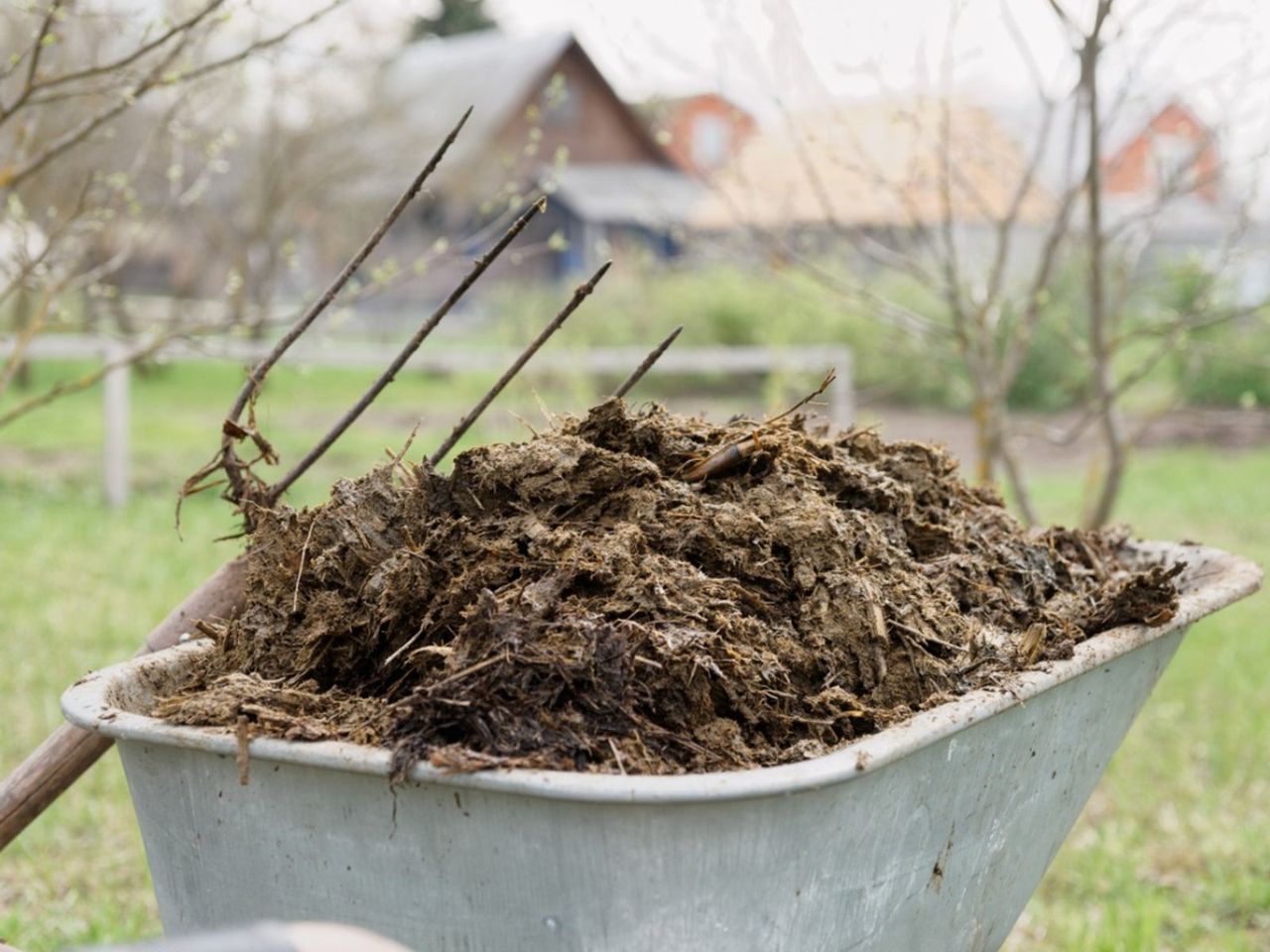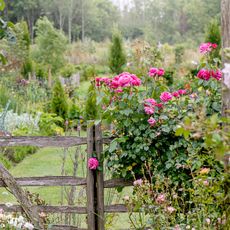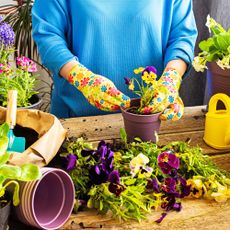Using Steer Manure To Amend Soil In The Yard


Using steer manure to amend soil can be an excellent way to add additional nutrients to plants. This fertilizer offers the same benefits as most other manures, including cow manure, and can be used for both lawns and gardens.
Steer Manure Lawn Fertilizer
Manure contains a number of nutrients and adds organic matter to the soil. Improving the soil quality of your lawn can result in greener grass and less maintenance. An important consideration when fertilizing with steer manure is its high nitrogen content. While nitrogen is required for strong, green plant growth, too much will ultimately burn plants. Fresh manure is much too strong for use. Therefore, it should be well-aged or composted prior to use. When using steer manure for grass areas, use no more than a 5 gallon (19 L.) bucket of manure for every 100 square feet. (9 m.²)
Steer Manure and Vegetables
While steer manure is generally safe to use, there are some considerations to be aware of prior to its use. Since steer manure may contain bacteria, like E. coli, it is important to compost the manure prior to use in the garden, especially on edible plants like vegetables. In addition, steer manure may have excess levels of salt, which can not only damage some plants but can leach the soil as well.
Composting Steer Manures
Like cow manure, steer manure consists mostly of digested plant matter. Composting steer manure is easily accomplished and similar to other methods. Once dried, the manure is easy to work with and has little to no odor. Steer manure can be added to and mixed thoroughly with the compost pile to create a suitable fertilizer for the lawn and garden. Adequate temperatures will successfully kill off any unwanted bacteria that may present problems as well as weeds. Composting steer manure can also help eliminate the high salt content. With proper aging and composting steer manure makes an ideal fertilizer for lawn and gardens. Using steer manure for grass and vegetables can lead to greater soil quality and promote healthier plant growth.
Gardening tips, videos, info and more delivered right to your inbox!
Sign up for the Gardening Know How newsletter today and receive a free copy of our e-book "How to Grow Delicious Tomatoes".

Heather Rhoades founded Gardening Know How in 2007. She holds degrees from Cleveland State University and Northern Kentucky University. She is an avid gardener with a passion for community, and is a recipient of the Master Gardeners of Ohio Lifetime Achievement Award.
-
 New Ways To Use Classic Garden Plants – For A Modern Landscape With A Touch Of Nostalgia
New Ways To Use Classic Garden Plants – For A Modern Landscape With A Touch Of NostalgiaThe 'Nostalgia Gardening' trend uses classic garden plants in new ways to add interest to your landscape and harken back to gardens of the past. Old is new again!
By Mary Ellen Ellis
-
 New England April Garden Checklist: What Flowers, Shrubs, Veggies & Herbs To Plant Now
New England April Garden Checklist: What Flowers, Shrubs, Veggies & Herbs To Plant NowLearn what crops and ornamentals to plant in April for a thriving garden in Connecticut, Maine, Massachusetts, New Hampshire, Rhode Island, or Vermont.
By Ellen Wells